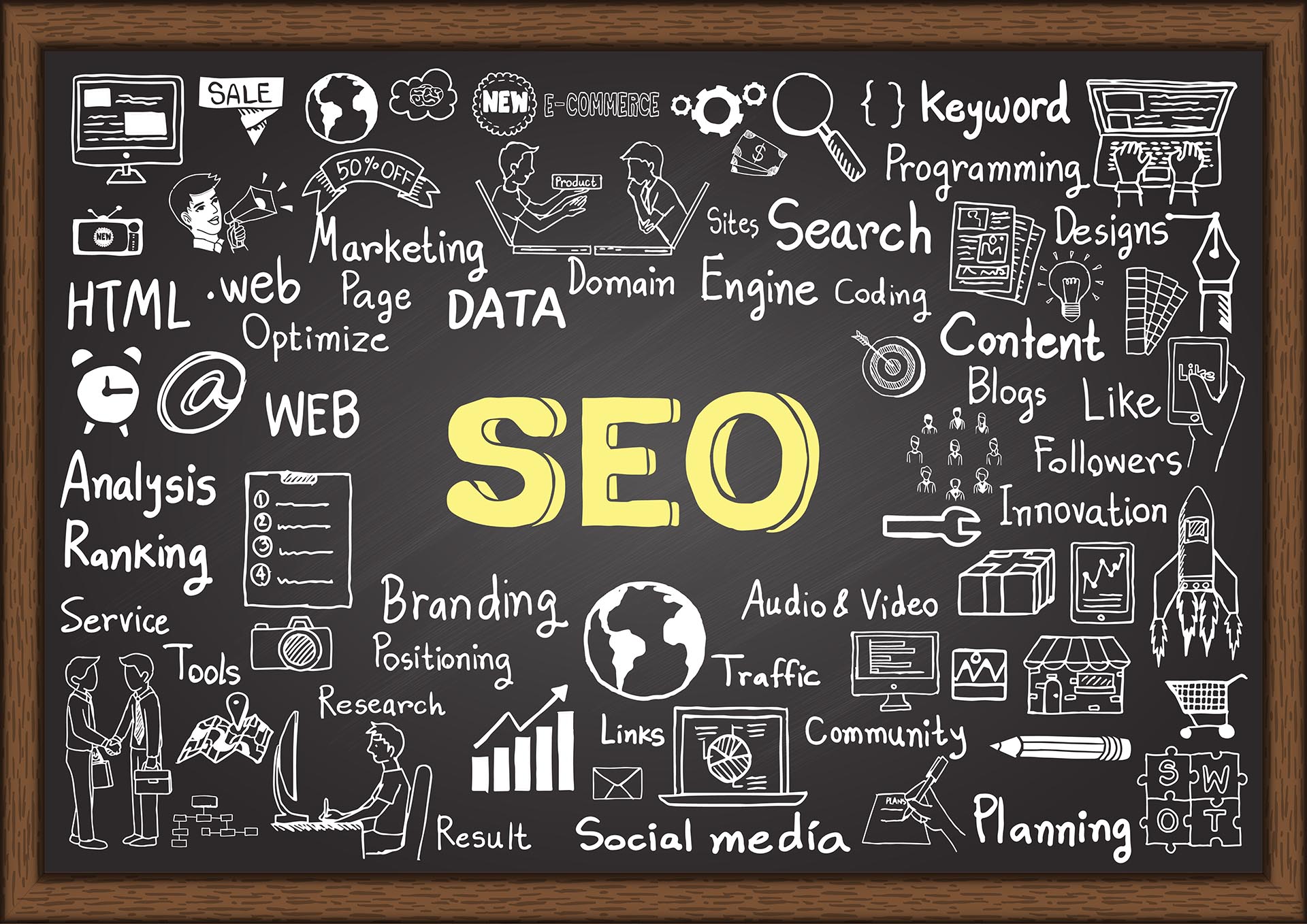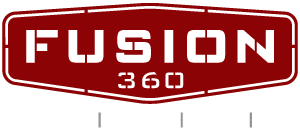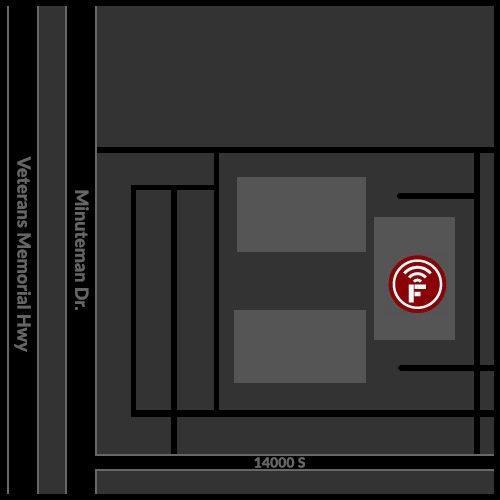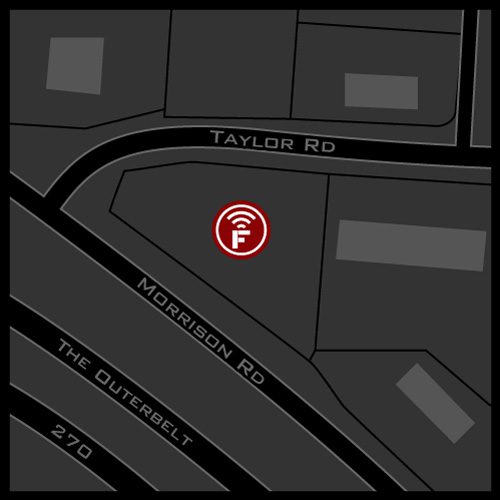
SEO stands for search engine optimization. Search engine optimization refers to the process of procuring increased organic (non-paid) traffic to your webpage from major search engines such as Google, Bing and Yahoo!
The more effort is put into optimizing a webpage for search engines, the more likely that webpage is to rank among the first page of search results for a particular set of search terms. For digital marketing companies, this is the end goal — a high-ranking, authoritative webpage that brings in traffic from all corners of the internet, whether consumers are searching from their homes in Utah or European coffee shops.
So How Does SEO Work, Exactly?
Let’s start with search engines. Search engines have two major functions: crawling the internet for information and indexing said information, and providing search users with the most relevant webpages according to their chosen search terms.
Search engine crawlers (or “spiders”) accomplish this by first gathering a backlog of information on the world’s websites. Search engine crawlers will take into account a site’s written content, overall site organization, URL structure, site elements, ALT attributes, rich media and more. All of this information helps search engines better understand what a webpage is about.
Search engine crawlers also gather information by way of links; if a number of webpages related to a particular topic all link to one external webpage that’s related, the webpage that is the destination of those links is determined to be the most authoritative of them all — and therefore the most likely to show up on the search results for that topic.
Say for example someone performs a search for “restaurants in Utah,” the search engine crawlers would go through millions of webpages and mazes of links related to “restaurants” and “Utah” until they come up with the most relevant and authoritative results for that search query. Getting your webpage into one of those top results is the purpose of SEO.
SEO Is for Humans and Search Engines Alike
Despite its name, SEO isn’t only important for search engines. Often, optimizing a webpage for search engines and optimizing a webpage for human visitors are one and the same.
A well-optimized webpage will do one of three things: provide a transaction, such as purchasing a particular product, provide information, such as the best restaurants in Utah, or simply exist as a destination to which people are trying to navigate. Not only that, a webpage that employs good SEO will accomplish one of these three things well, making the experience as smooth as possible for the consumer.
In the end, the webpage that accomplishes the searcher’s goal in the best and most efficient way will be the webpage that sits on the iron throne of the search rankings.


